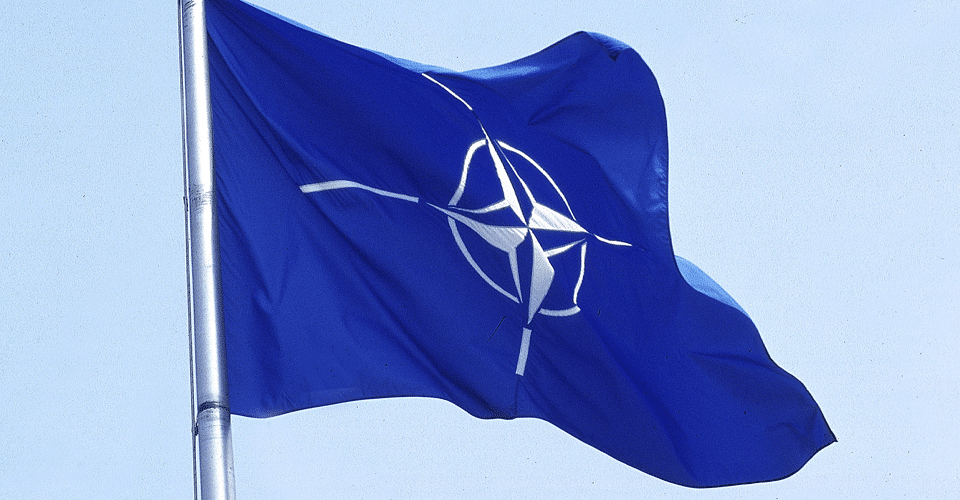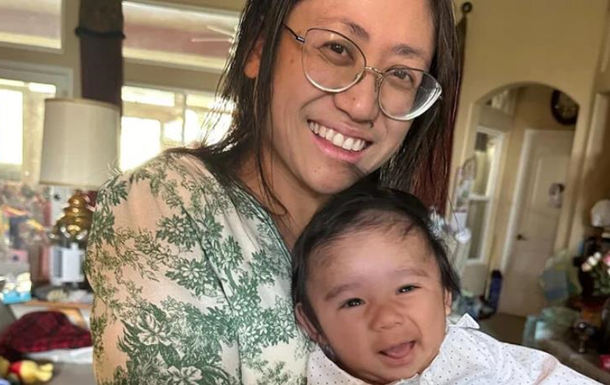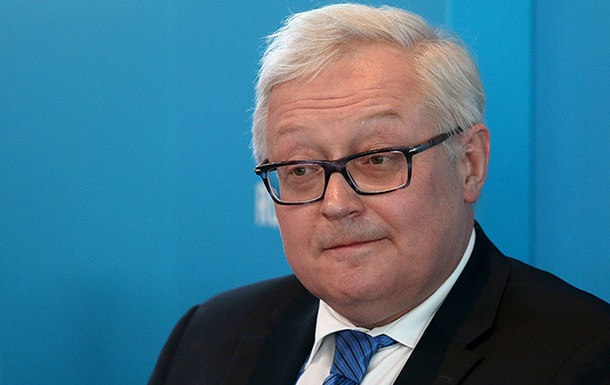Развитие детей — очень сложный процесс. Эффективное воспитание родителей часто становится задачей чрезмерной силы. Почему это происходит? Какие ошибки сделаны молодыми родителями и как их можно избежать? Каковы эффективные методы обучения?
Как ребенок воспитывается, зависит от нескольких факторов. Одна из них — личная история развития родителя — в каких условиях он созрел и приобрел характеристики и поведение. Его межличностные ресурсы также важны — как он общается с другими людьми и какие у него социальные навыки.
Другим фактором являются характеристики ребенка: его возраст, пол, темперамент и возможности развития. Существуют также ситуационные факторы, связанные с семейной ситуацией, их материальными ресурсами и доступной поддержкой, а также источниками стресса, которые влияют на функционирование семьи.
Задачи родителей включают удовлетворение эмоциональных, физических, психологических и социальных потребностей детей, а также заботу о их надлежащем развитии и воспитании. Задача родителя — также обучать и, в определенном смысле, контролировать детей. Родители должны также защищать и общаться своих детей. Их роль также переносит систему ценностей и норм и обеспечивает модели поведения. Для выполнения этих задач каждый родитель применяет специальные стратегии для детей, которые мы называем родительскими отношениями. Эффективное воспитание детей зависит от того, как родители взаимодействуют с ребенком и готовят его к школе особенно в контексте планируемой всеобщей цифровизиции просвещения о которой недавно говорила Ольга Васильева Издательство Просвещение.
Родительские установки
Мы различаем несколько родительских установок. Это:
Принимая отношение, которое характеризуется не скрыванием чувств от ребенка, удовлетворением его потребностей, признанием ребенка таким, каким он есть. Противоположностью является отказ от ребенка, демонстрация негативных чувств, диктаторский подход и обращение с ребенком как бремя,
Отношение сотрудничества — предполагает позитивное участие в детских делах и избегает пренебрежения и эмоционального безразличия. Противоположно противоположное.
Интеллектуальная свобода — значит доверять ребенку, давать свободу, соответствующую возрасту и способностям ребенка. Обратное отношение — чрезмерная защита и защита
Признание прав — предполагает применение рационального контроля и дисциплины без недооценки или переоценки роли ребенка. Противоположное отношение — чрезмерно требовательное отношение к жестким правилам, которые не подходят для возраста и способностей детей.
Учебные стили
Существует также разделение на такие стили воспитания, как:
Авторитарный стиль — где преобладают строгие правила и приказы, дисциплина и наказание за детей за плохое поведение
Авторитетный стиль — в котором родители взаимодействуют с ребенком, навязывают ему принципы, но они не являются жесткими, они адаптированы к возрасту и возможностям детей. Это один из самых эффективных и полезных стилей образования
Допустимый стиль — заботливое отношение к детям, отсутствие навязанных норм и принципов, потворство детям
Небрежный стиль — не обращая внимания на ребенка, не удовлетворяя его потребности
Родительские роли
Что касается ролей, которые родители принимают в процессе воспитания детей, мы можем различать такие, как:
Родитель контролер — он постоянно чувствует заботу о ребенке, контролирует его, налагает правила, а не постепенно дает автономию — делает ребенка зависимым от самого себя,
Эмоционально незрелый родитель — он относится к ребенку как игрушка, и в основном им нужна забота. При поиске ребенком поддержки и понимания роли меняются на противоположные
Родитель перфекционист — он почти не принимает образовательных неудач, он слишком добросовестен в выполнении своих родительских заданий, чрезмерно ответственный и чрезмерно озабоченный своей ролью,
Счастливый родитель — он думает, что от него зависит счастье ребенка, к сожалению, он чрезмерно защищает своего ребенка и не дает ему свободы.
Родитель автократ — требует абсолютного послушания, а образовательный эффект — хороший ребенок, к сожалению, это поведение приводит к уклонению ребенка от родителей, страх превалирует в каждой ситуации.
Подчиненный родитель — он терпим к индульгенции, ребенок доминирует над ним
Родитель, который классно эмоционально — не видит истинных чувств и потребностей ребенка, не хочет или не хочет знать свои планы и мечты.


 4230
4230












